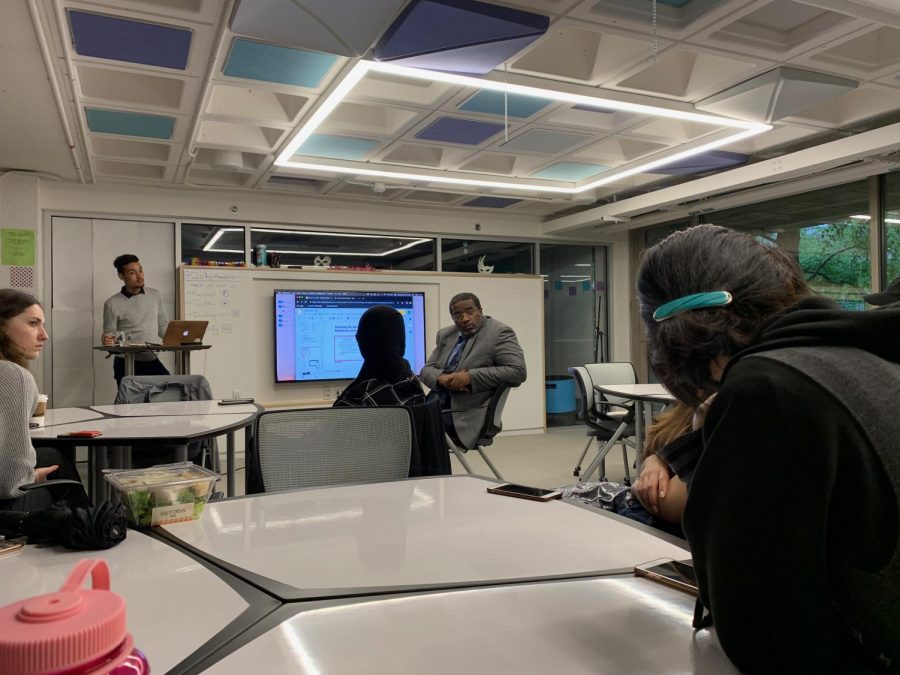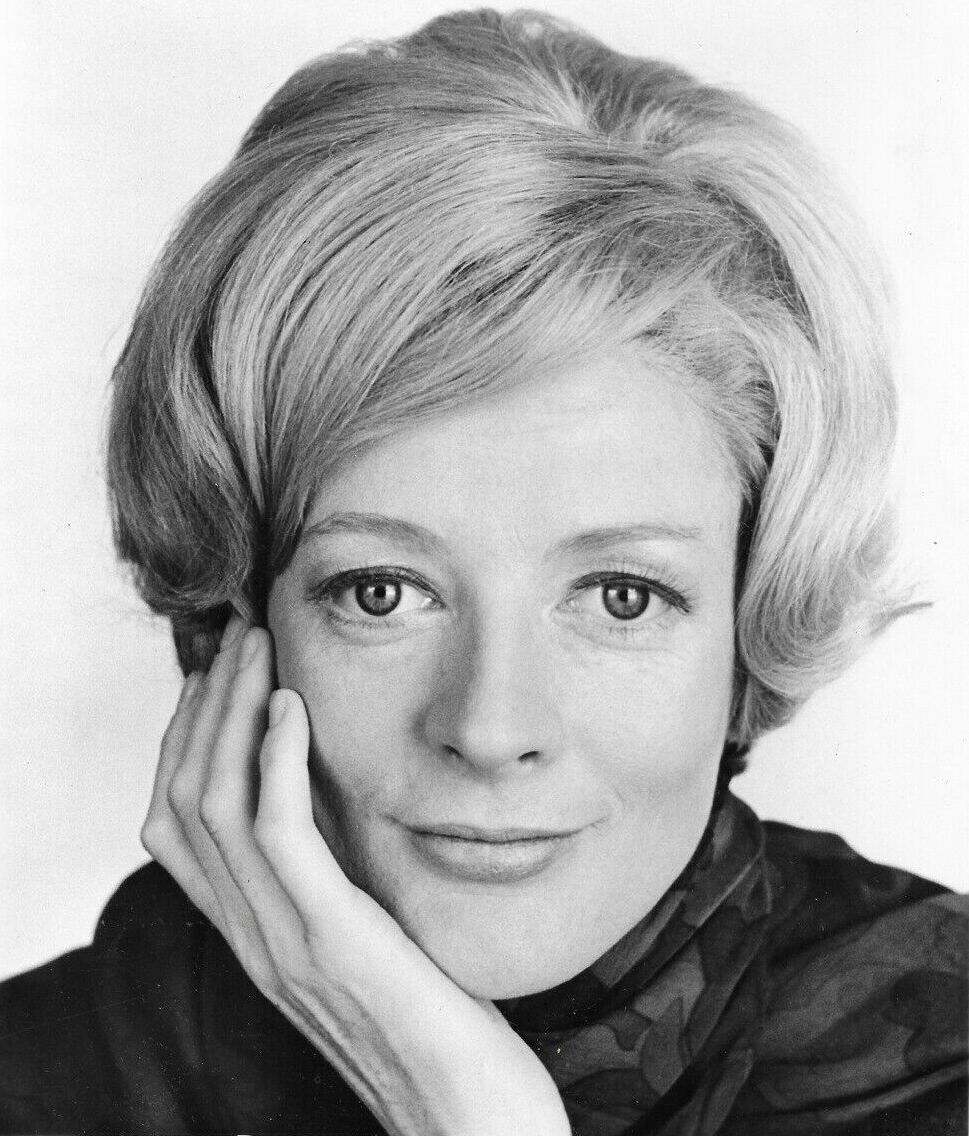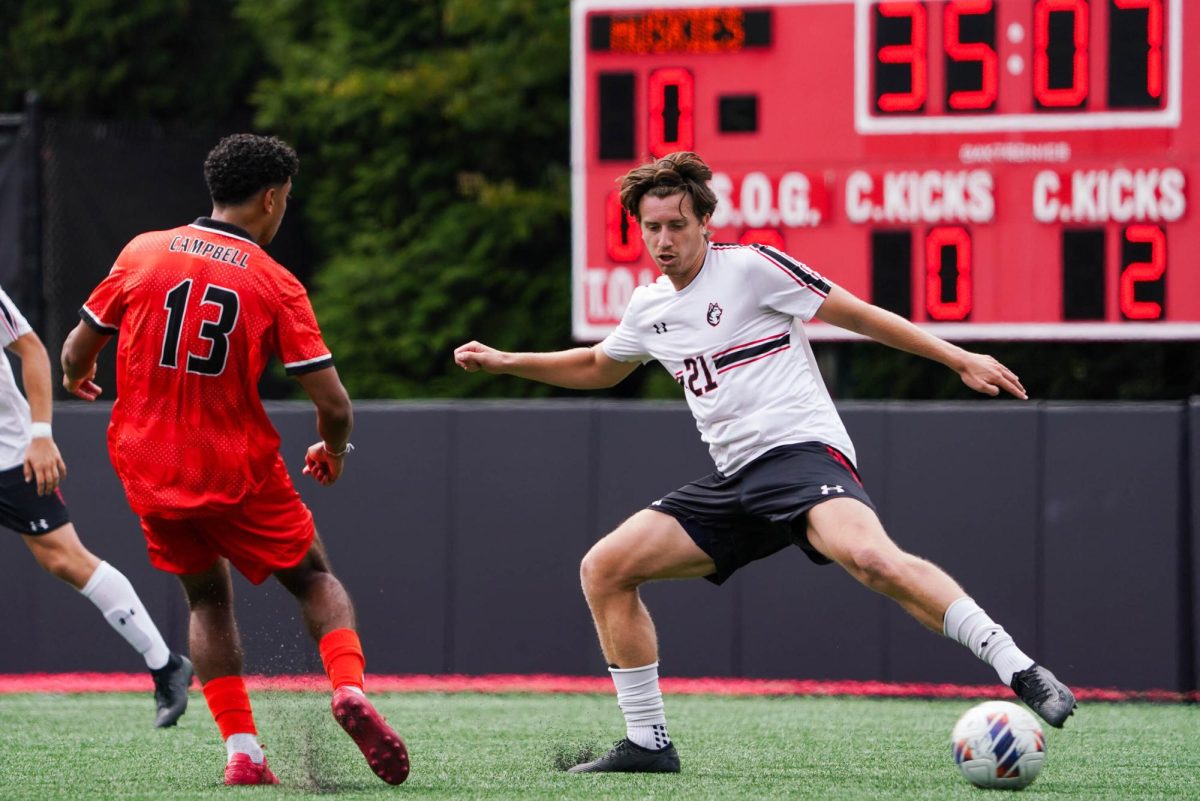NSCC talks tensions at town hall
Dean Bob Jose attended the town hall to hear student concerns.
June 2, 2019
When Makaila Cerrone, a fourth-year political science and psychology double major, requested a referral for a therapist from UHCS, she was given a list of entirely white therapists. To Cerrone, this was just one example of the lack of diversity in mental health resources at NU — a concern she shared Tuesday at a town hall.
Cerrone and other members of the Northeastern Student of Color Caucus, or NSCC, gathered in the Center for Intercultural Engagement Tuesday evening for a town hall meeting to share concerns and propose solutions.
Bob Jose, associate dean for cultural, residential and spiritual life at Northeastern was present for part of the meeting.
“I’m here to build transparency between those who work at Northeastern and the students,” Jose said.
The town hall began with discussions on community concerns, with NU students taking turns voicing matters of importance. Concerns included the gentrification of Roxbury, food insecurity on campus and racial profiling by the Northeastern Police Department. Many attendees echoed the same concern — microaggressions and cultural incompetence by professors.
The concerns were written down in a list to be sent to Jose and Madeleine Estabrook, senior vice provost for Student Affairs, said James Lyons, a founding member of the NSCC.
Town hall attendees agreed that transparent ways to report incidents with staff should be easily accessible, such as a grievance form on myNortheastern or a section for non-academic concerns on TRACE evaluations. NSCC members also brought up the Northeastern SAIL app as a way to collect data on microaggressions and experiences.
“There needs to be an overall transparency and willingness to learn,” said Mathia Griffith, a third-year sociology major.
With a detailed presentation, Lyons proposed a new method for staff and faculty members to respond to student grievances, titled the “Two-Part Response.” The first part is acknowledging the issue at hand with a written agreement that the issue is either valid or that it is a non-issue. The second part is responding to the issue. Lyons explained that part two can involve actionable steps to solving the issue or a referral for a meeting with an appropriate university representative.
Jose said the idea is not unreasonable but would be difficult to implement but ultimately, he will suggest the idea and support its adoption in the Student Affairs department.
The NSCC also devoted time to the planning of larger scale town halls. Attendees suggested ideas for articulating the importance of the town halls to the NU community, including incorporating them into the Interpreting Culture and Difference/Diversity NUPath requirements and having an event geared toward allies.







